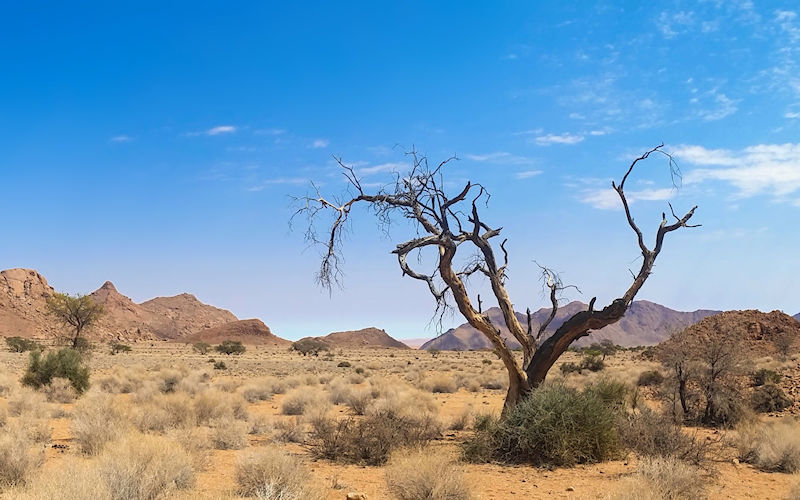Land and Natural Resource Management in Africa
The IGDC and YESI co-hosted a lunchtime seminar on land and natural resources management in Africa on Wednesday 25th July

The IGDC and YESI co-hosted a lunchtime seminar on land and natural resources management in Africa last Wednesday 27th June. Visiting scholars Anthony Nwajesus Onyekuru, Esther Oluwafunnmilayo Makinde, and Joanne Morris took the stage and presented the key challenges that states in West Africa have managing their natural resources facing climate change and human behaviour.
What are the consequences of massive degradation of the land? Anthony Onyekuru, from the University of Nigeria, provided an accurate study case on the situation of ecological resources in Nigeria. The forest is the major provider of food supply and fuel and the people has a strong dependence on these resources. However, the massive deforestation has also caused poverty and the loss of national income. Understanding that the resources of the forest are not unlimited is a key issue to tackle at a global level: “What happens on a forest in Nigeria has a negative impact on the rest of the world”.
Following on from this, Joanne Morrison from the Stockholm Institute presented the ResLeSS project: Research and Learning for Sustainable Intensification of Smallholder Livestock Value Chains in Burkina Faso, Ethiopia and Tanzania. The aim of this project is to integrate environmental, economic and equity considerations into decision making around livestock intensification. For this, a participatory approach was implemented to open the discussion about the implications of livestock production in these countries. The presentation also explored ways of increasing productivity and well-being
Finally, Postdoctoral Research Fellow Esther Oluwafunmilayo Makinde shared her finding on assessing land productivity using remote sensed data. The study assessed the land productivity and the impact of the climate between 2003 and 2017 in West Africa and between Nigeria across 1986 and 2018, analysing hotspots and land cover classes scheme. Her findings revealed that hotspots decreased in the desert in the dry season and further decreases in the rainy season as well.
To conclude the seminar, the scholars engaged in a discussion with the audience on how can these environmental challenges taking place in West African can be tackle through public policies and the active participation of civil society.
Contact us
Interdisciplinary Global Development Centre
igdc@york.ac.uk
01904 323716
Department of Politics and International Relations, University of York, Heslington, York, YO10 5DD, UK
Twitter
Contact us
Interdisciplinary Global Development Centre
igdc@york.ac.uk
01904 323716
Department of Politics and International Relations, University of York, Heslington, York, YO10 5DD, UK
Twitter